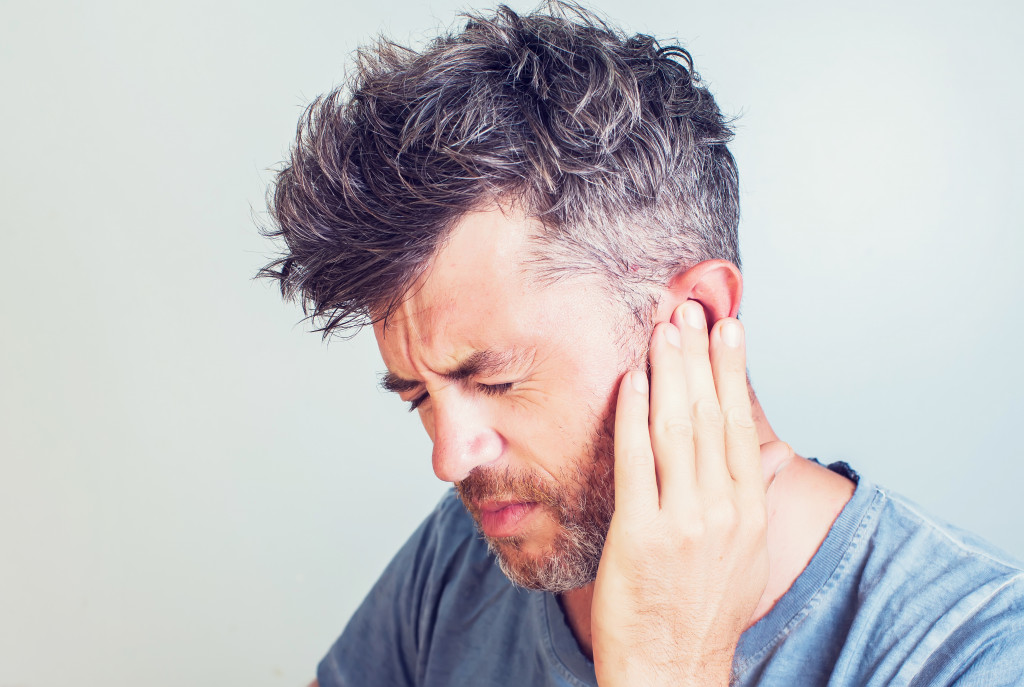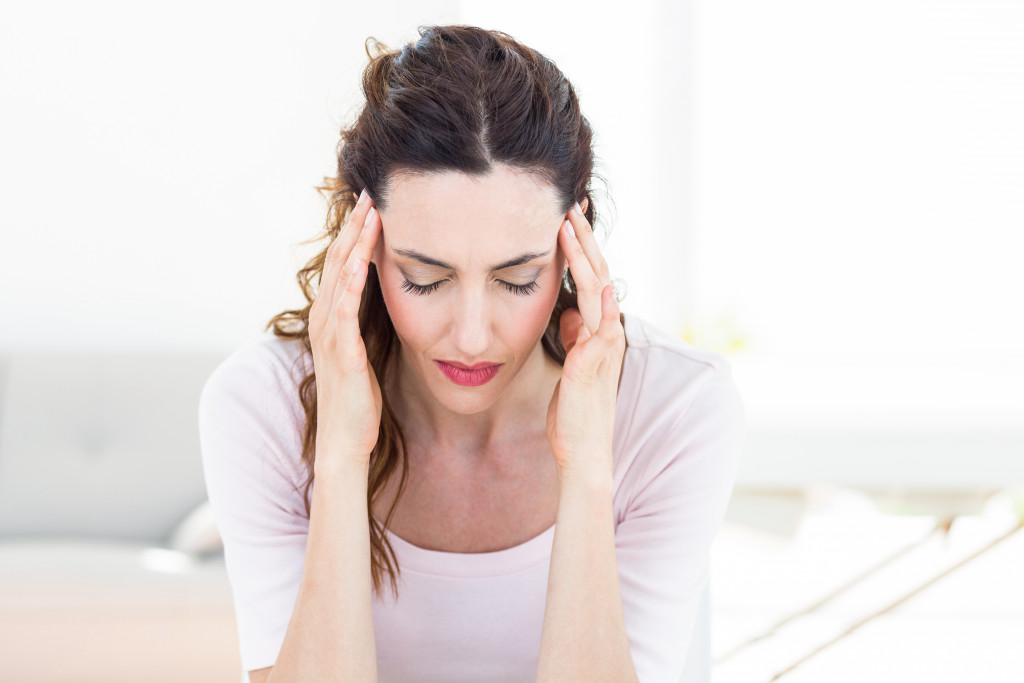No matter how normal the lifestyles we lead and carefully avoiding extreme physical and mental activities, there are days when our heads just ache. Some go away in as fast as an hour while some last for days. While there are tolerable pain levels, other headaches hurt so much that it affects our productivity.
Just like any pain manifesting, a headache can be a result of any of the following:
- Environmental factors. A headache could be caused by external triggers such as both physical and mental stress, pollution, chemical fumes, changing weather, and allergens.
- Illness. Generally speaking, pain is our body’s way of signaling us of any illness or infection. Headaches are a common symptom of either cold, ear, throat, or sinus infection, if not a result of head trauma (in the case of post-traumatic headaches).
- Hereditary factors. Believe it or not, you could get your ancestors’ chronic headaches. Migraines can be hereditary.
There are almost 200 identified headache types and each falls under either the primary category which is not caused by a medical condition or secondary ones that could be traced back to an underlying medical condition.
Because the chances of having a secondary headache are never zero, you might be wondering if a headache that won’t go away warrants you to seek medical attention or you could just rest it out until it disappears. To guide your decision, it’s just right to know the most common types of headache so the next time you have one you can identify which one is it you are experiencing:
Tension Headaches
Most adults and teenagers have had at least one episode of tension headaches. Tension headaches could be described as persistent non-throbbing pain affecting both sides of the head. The pain is aggravated when performing even menial tasks such as climbing a flight of stairs or bending one’s body forward.
Pain levels range from mild to moderate. A tension headache, which is a type of primary headache, presents itself with no other symptoms. That said, it is also commonly remedied with over-the-counter painkillers.
Migraine Headaches
Whereas you feel a constant pain with a tension headache, migraine presents itself with a painful throbbing sensation. The pain of migraine headaches that lasts at least four hours and days at most range from moderate to extreme. In the worst cases, a person could suffer nausea, sensitivity to noise and lights, blurry eyesight, and even a fever.
Sinus Headaches
When your sinuses swell due to an infection, you could also experience a headache that could be felt around your forehead, nose, and cheekbone areas. Sinus headaches typically come with other symptoms including a runny nose, stuffed feeling in the ears, a puffy face, and, at times, a fever. You would also expel a yellow-green mucus from your nose in contrast to the clear mucus you would expel with a migraine.

Cluster Headaches
The pain of cluster headaches focuses around either of the eyes and it could hurt more than a migraine, but an episode lasts relatively shorter and could repeat daily for weeks or months. Because a person has this at the same period every year, this is often mistaken as an allergic symptom. Unlike the previous headache types mentioned, cluster headaches are less common and affect mostly men.
Chronic Daily Headaches
Tension headaches, migraines, new daily persistent headaches, and hemicrania continua that last at least half a month and three months at most fall under chronic daily headaches.
Ways to Relieve Headaches
- OTC Solutions. If you do not currently have the luxury to get checked by a physician and be prescribed medication, there are over-the-counter remedies you can take for your headache. However, take note that if you take these OTC medications for more than three consecutive days or more than ten days in a month, you could suffer a so-called rebound headache.
- Rest. Your headache could be caused by inadequate or irregular sleep. While there is no overnight solution for sleeping disorders, you can set time to lay idle or meditate, among other relaxation techniques.
- Physical Therapy. Register for treatment sessions in a reputable acupuncture clinic or a center that provides certified physical therapy to mitigate your headaches and strengthen your body.
- Avoid stimulants. Steer clear of drinks like alcohol which could worsen your headache. If possible, avoid things that give you more stress, consume healthy food, and stay away from smoking areas.
When should you be worried?
If you did all the remedies listed above and don’t see an impact, it’s a sign to elevate this issue to a medical professional. It’s right to do so especially if the persistent pain affects your ability to perform vital tasks. Signs like a stiff neck, seizure, fatigue, numbness, seizures, and unclear speech should not be undermined and are worth referring to doctors.
Headaches, just like any physical pain, are reminders that we should do things moderately. You can only take so much medication. But, if you don’t live a balanced lifestyle, these temporary cures are good for nothing.


